When this second volume of diaries begins in 1979, Kenneth Rose is 54 and well established as the author of the Sunday Telegraph social column ‘Albany at Large’. The first volume, published last year, was reckoned by many to be a disappointmaent on account of Rose’s snobbery. This one is better. By now Rose has arrived. The Thatcher years were his glory days.
When he died in 2014 Rose left six million words of journals, which he bequeathed to the Bodleian Library, and the two volumes edited by D.R. Thorpe which have been published amount to roughly half a million words. Rose saw his diary as his legacy. Back in 1988 he recorded: ‘George Weidenfeld is very enthusiastic about eventually publishing the journals I have been keeping.’ Rose appointed a succession of clever young men to be his literary executor, charged with editing his journals, and eventually settled upon his friend, the political biographer Richard Thorpe.
No one would place Rose in the pantheon of great diarists. For one thing, he tells us almost nothing about himself. There is no introspection or confessional, nothing about feeling depressed or what he had for breakfast, and certainly not a hint of sex. Prim and rather prudish, he didn’t approve of those who revealed their private lives. Alan Clark’s diaries he thought ‘trivial, self-serving and dirty-minded’. As for James Lees-Milne, he considered there were ‘too many indiscreet references to Jim’s homosexual adventures’.
The chief problem with the Rose diaries, though, does remain the author’s snobbishness. Not for nothing was he known as ‘Climbing Rose’. The son of a Jewish surgeon in Bradford named Dr Rosenwige, he had risen to the heart of the British establishment via Repton, New College, Oxford and the Welsh Guards in the war.
Volume One charted his social climbing, using his Albany column to win friends in high places. By the 1980s, he was on friendly terms with the Queen Mother, whom he found ‘enchantingly cool’ in ‘diaphanous blue’. Aged 88, she gave him ‘that lovely greeting of leaning back, tilting her head and holding out her hand with a dazzling smile’. Rose could never resist a dig at Mrs Thatcher’s middle-class origins, and he noted with glee that she put inverted commas round Chequers on her Christmas card. The snobbishness is not redeemed by humour or irony, and today it seems dated and off-putting. But before you hurl the book across the room, consider this. The diaries may be flawed, but they give a vivid and unique insight into the world of the royal biographer.
Rose’s column was his day job. His ambition was not to be a hack but a serious literary figure. The book that brought him recognition and won the Whitbread and Wolfson prizes was King George V, published in 1983. This is a marvellous biography. Particularly striking are the chapters on the 1920s and 1930s — authoritative, witty and elegantly written accounts of the king and his court.
As Rose confessed to Prince Charles, who ‘loved the book’, he did almost no research in the Royal Archives. Instead he used the transcripts of documents at Windsor which had been made by the previous biographer of George V, Harold Nicolson, who generously lent them. Rose’s star witness — in fact his patron — was the Queen Mother, whom he found ‘a mine of information’ on her father-in-law. He interviewed her several times at Clarence House. Fearful that she would be upset if he took notes, he trusted to memory and then rushed to the loo to write it all down. The book pleased the Queen Mother and earned him many invitations to Clarence House, where they drank gin and Dubonnet before lunch: ‘Put plenty of gin in it, or it tastes too sweet,’ she would cry.
To his lasting disappointment, Rose received no knighthood for his life of George V. He wasn’t even given the Royal Victorian Order. Tony Lambton told Rose that the Queen vetoed the knighthood because he revealed that her grandfather had refused to rescue his cousin Tsar Nicholas II. It was courageous of Rose to publish the documents on the refusal of asylum to the Romanovs. In all other respects, however, the biography was written to please. There are few quotations from intimate family letters. Both Rose and the Queen Mother disapproved of biographies which relied on such letters. George V is portrayed as a simple, virtuous soul and the book funks discussion of his famously bad relations with his sons, especially Edward VIII.
Rose ruled the world of political biography. He made a close study of the octogenarian Harold Macmillan, many of whose sayings are recorded here. He was dismayed at the appointment of Alistair Horne as Macmillan’s biographer — and even more dismayed at the result. But the biographer he really didn’t rate was Robert Rhodes James. Clarissa Avon was so unhappy with Rhodes James’s book on her husband Anthony Eden that she appointed D.R. Thorpe to write another, ‘which she says will be the official life’. Lord Salisbury invited Rhodes James to write the prime minister’s life but withdrew co-operation on account of the ‘vulgarity’ of the book. He then offered the commission to the young Andrew Roberts who, encouraged by Rose, accepted and produced a great biography.
Rose thought Roy Jenkins was a lazy biographer who did no original research, and as a Wolfson prize judge he made sure that Jenkins’s Gladstone didn’t win, reflecting that Roy had ‘already acquired many of life’s prizes’. He also blocked the ‘unrepentant Stalinist’ Eric Hobsbawm, who was nominated year after year (and was awarded the prize as soon as Rose retired as a judge).
Royal gossip was what Rose enjoyed most, however. He was shocked when Princess Margaret, whom he liked, told him that she had destroyed many of the Queen Mother’s letters. ‘I have already filled two big sacks,’ she said, ‘and the servants are so pleased at my cleaning up the mess.’ She spent a week wearing white gloves, going through every drawer and throwing away her mother’s private correspondence, and she eventually filled 30 black bags with papers.
Rose was approached about writing the Queen Mother’s life but he declined. ‘How nice is she really behind the enticing façade?’ he wondered. ‘Would I be censored? Do I really want to devote my remaining years to earning money I don’t really need and a KCVO that would come too late to give me pleasure?’ But he still had his fingers in the pie. The Queen Mother’s official biographer, William Shawcross, confided in Rose, and so did his rival Hugo Vickers, the unofficial biographer, and the competition between the two writers gave Rose a certain amount of malicious pleasure.
The most unlikely of Rose’s royal friends was Sarah Ferguson. After her separation from Prince Andrew, she invited him to Sunningdale for nursery tea with the biggest, richest chocolate cake he had ever seen. When Martin Charteris called her ‘vulgar, vulgar, vulgar’ in a Spectator interview, Rose defended her in his column, and she wrote him a charming letter of thanks. ‘If I am cheerful and noisy,’ she told him, ‘it is not because I am over-confident but because I am insecure.’
Rose was ‘inelegantly’ sacked from the Sunday Telegraph by Dominic Lawson in 1997, when he was 72. In retirement he occupied himself writing his biography of Lord Rothschild, which came out 20 years after King George V. It was not a happy time. He was suffering from cancer. His publishers, Weidenfeld, presumed there was ‘little hope of my producing any lucrative book in the future’, and he had come to dislike his subject deeply. He started work on the journals, his literary legacy, and, always one to plan ahead, eight years before he died he arranged for his memorial service to be held in the Chapel of the Order of the British Empire in St Paul’s.
Unobtrusively edited by Thorpe, the diaries reveal Rose warts and all. Ridiculously snobbish, yes, but a courtier who revelled in gossip, which is the lifeblood of biography, and a man who could never resist a good story. His journals are stuffed with juicy plums, and they will become an indispensable source.
Got something to add? Join the discussion and comment below.
Get 10 issues for just $10
Subscribe to The Spectator Australia today for the next 10 magazine issues, plus full online access, for just $10.
You might disagree with half of it, but you’ll enjoy reading all of it. Try your first month for free, then just $2 a week for the remainder of your first year.

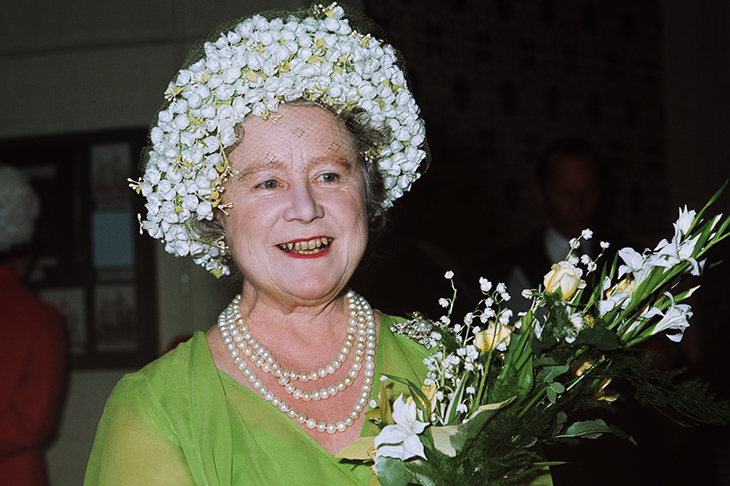

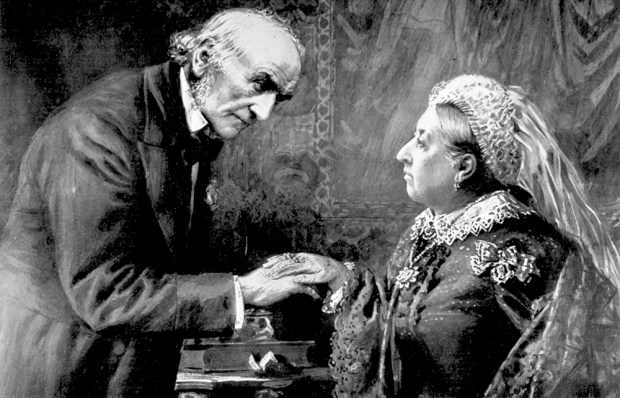
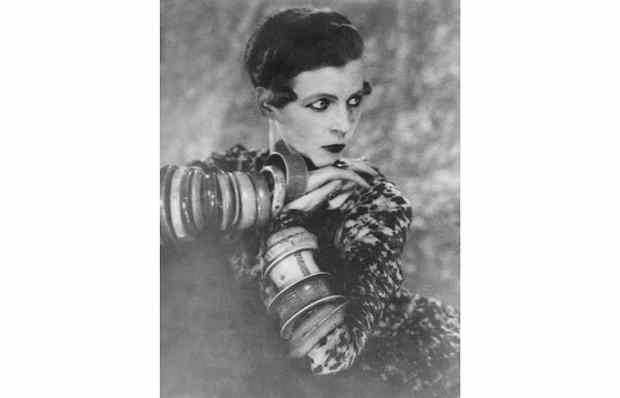
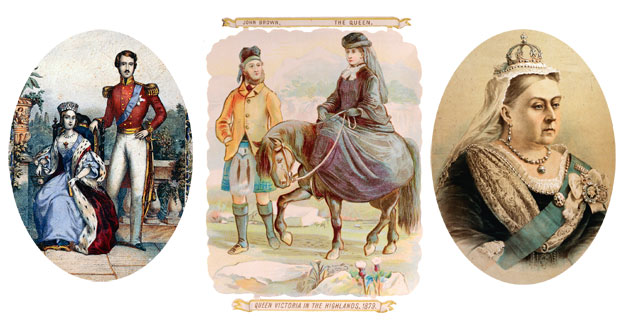
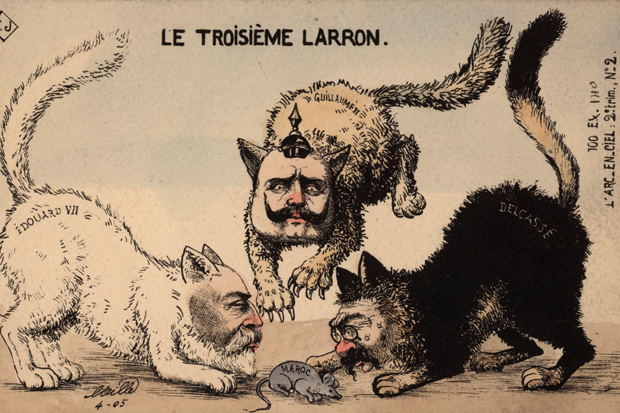
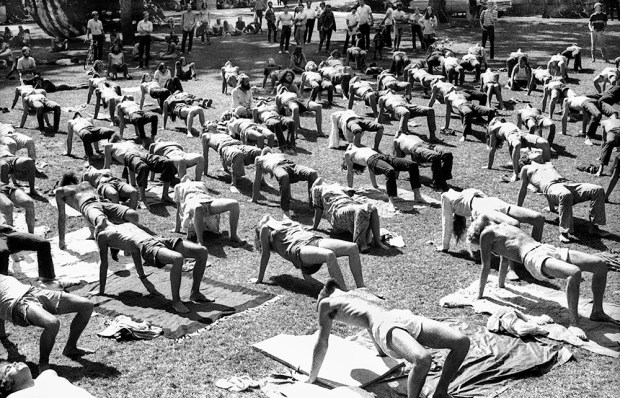






Comments
Don't miss out
Join the conversation with other Spectator Australia readers. Subscribe to leave a comment.
SUBSCRIBEAlready a subscriber? Log in